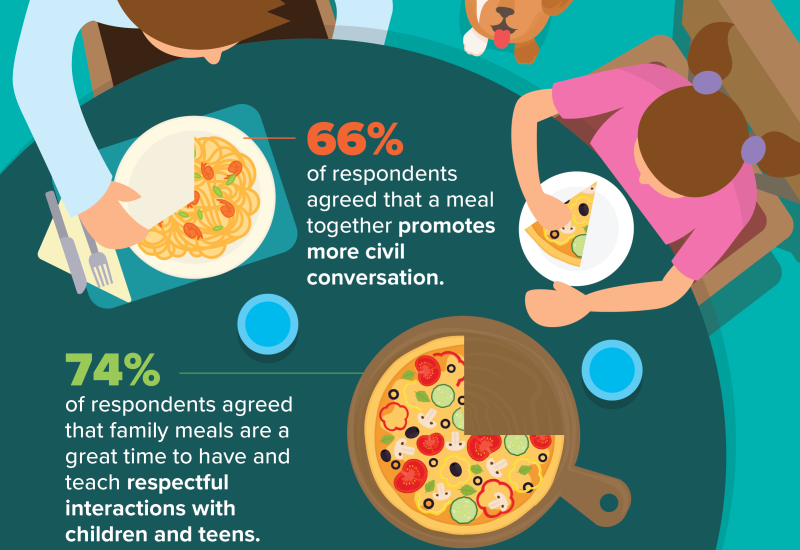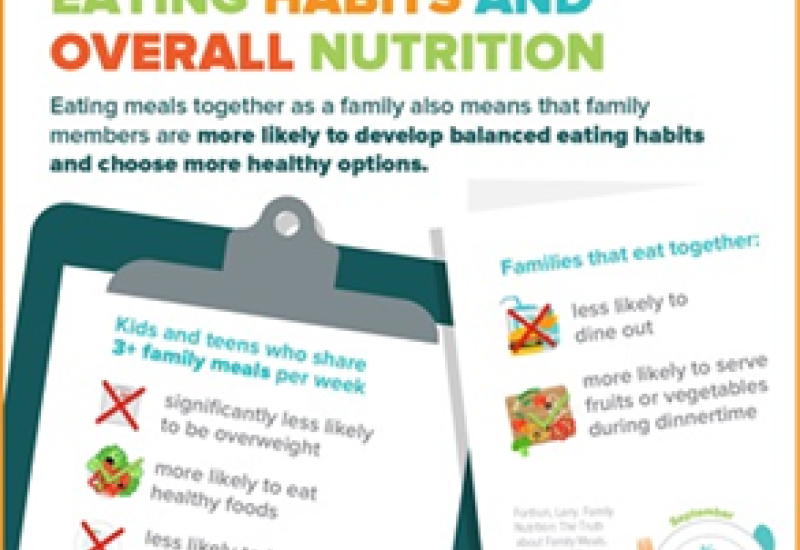PLANNING A ROMANTIC GETAWAY FOR TWO – ON A BUDGET
(NewsUSA) - Whether you’re planning a honeymoon, time away to rekindle romance, or simply an opportunity to make new memories together – planning ahead can save you money.
- Whether you’re planning a honeymoon, time away to rekindle romance, or simply an opportunity to make new memories together – planning ahead can save you money.
To get started, decide on the type of trip you want to take and the best time to go.
Best Time to Get Away
Do you want a calm, relaxing stay at the beach, a couples’ trip to Europe, or a skiing vacation in the mountains?
All vacation destinations have peak seasons, often summertime, when hotels, restaurants and attractions are at their most expensive. Traveling in the off-season can mean big savings. Try hitting the slopes in January when it's not as busy. Or if you want to visit a warmer, southern destination, consider going early in the new year or between Labor Day and Christmas. You’ll find smaller crowds and lighter lines.
If your dream is a romantic getaway to a city like Paris or Rome, consider going during the week of Thanksgiving. Europeans don’t celebrate the holiday, so most attractions are open.
Mapping Out Your Money
Anytime you travel, vacations can be costly. But if you plan in advance, you’ll know what you need and can alleviate a lot of stress. Here are some things to consider:
- Decide on the maximum amount you’re willing to spend. The cost will depend on where you go and what you plan to do. For example, CERTIFIED FINANCIAL PLANNER™ professional Grace Yung explains, “Going to an international destination will likely cost more than heading to a beach or campground here in the U.S. Likewise, lodging in larger cities tends to be higher-priced than in rural areas.”
- Start saving now, even if the trip won’t take place for some time. Once you have an overall amount you'd like to spend on your trip, break it down and start setting money aside monthly. If you get a bonus at work or a tax refund, add it to your vacation fund. Look for other small ways to cut expenses (subscriptions you don’t use, etc.) to add to your savings.
- Find alternative ways to pay for travel-related expenses. If you have a credit card that offers airline miles or hotel points, use these to reduce out-of-pocket expenses.
- Track your spending. Calculate your costs as you go. If you’re spending more than you planned, make adjustments. Instead of dinner out, have a picnic on the beach. Or instead of paying for a guided tour, do a walking tour on your own.
Are You Financially Prepared to See the World?
A CFP® professional can help you strategize for savings and plan your next vacation. To find a CFP® professional near you, visit LetsMakeAPlan.org.









